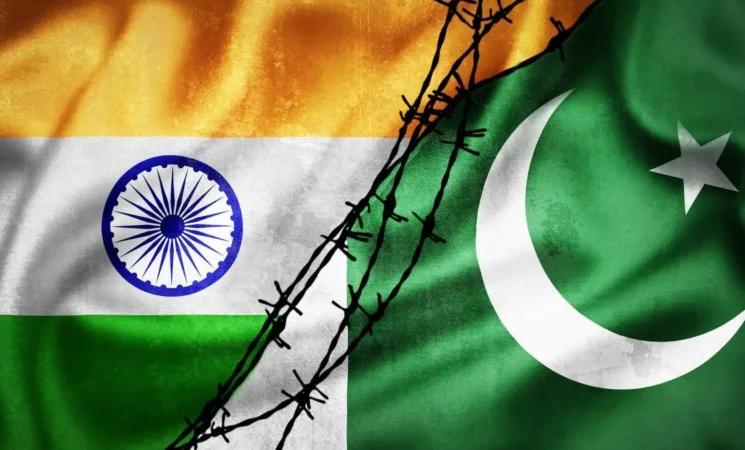US Typhoon Missile System in the Philippines: A Parallel to the Cuban Missile Crisis?
The Cuban crisis was a result of the urge of the superpowers to increase their sphere of influence in different parts of the world and show their dominance. However, the world is now heading to a multipolar world order ...










The ‘3+3’ Gambit: Russia’s Quest for Regional Leverage in the South Caucasus
While still a key player, Russia's influence is challenged by other powers and the assertiveness of South Caucasus states ...